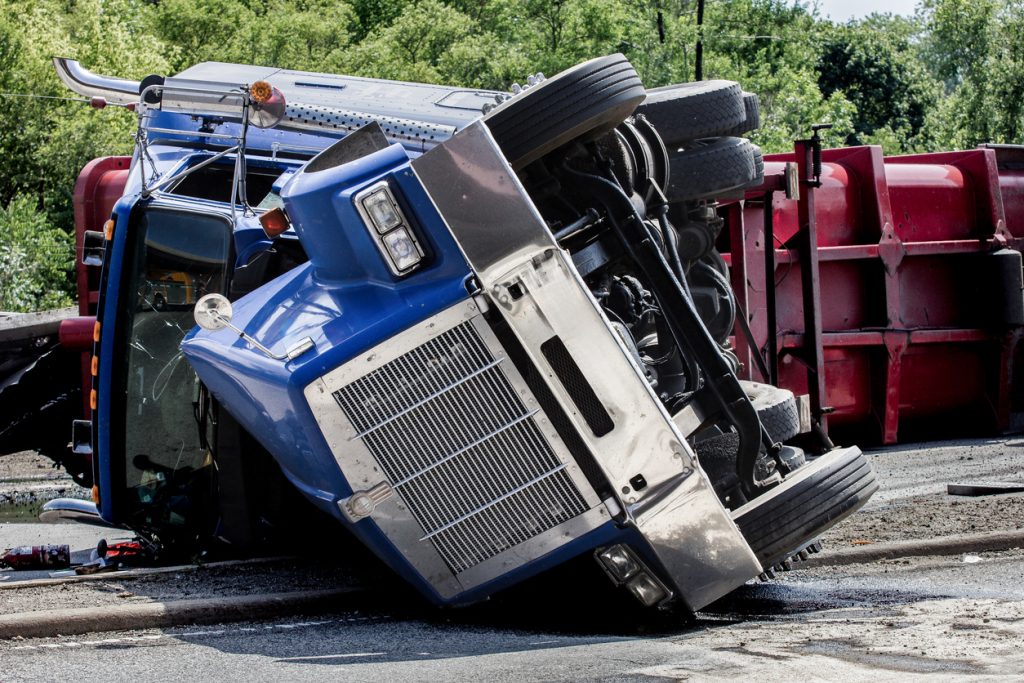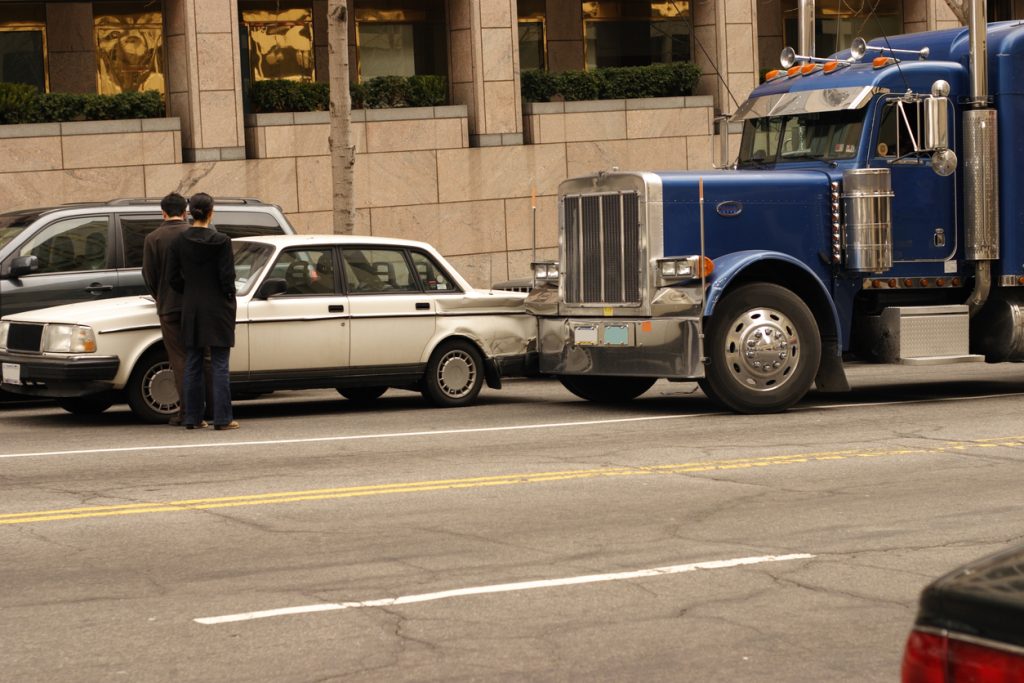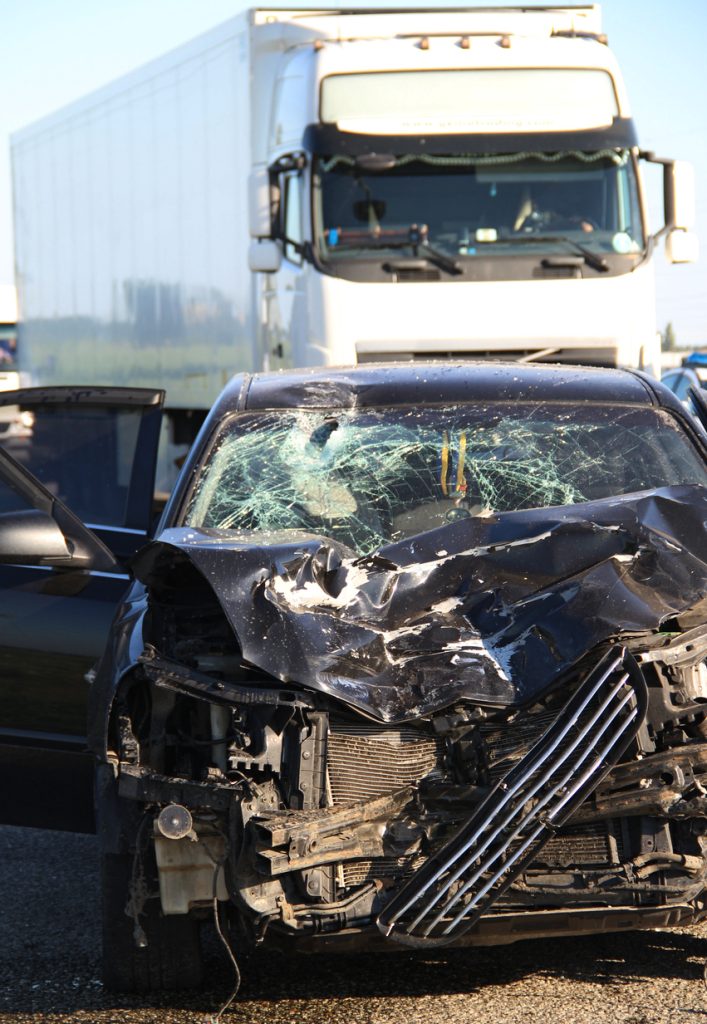When victims of a serious collision attempt to sue trucking company after accident in Austin, the process often appears straightforward at first glance. Yet the legal landscape surrounding trucking cases in Texas is far more complex than many realize. Federal safety regulations, employer liability doctrines, insurance defense tactics, and state negligence laws all converge in these cases. The outcome of a lawsuit often depends not only on the strength of the evidence but also on avoiding critical errors along the way. Missteps during investigation, documentation, negotiation, or litigation can weaken claims and reduce the compensation victims might otherwise secure.
Understanding what mistakes to avoid can make the difference between a favorable judgment and a compromised settlement. This discussion provides an in-depth examination of the most frequent pitfalls encountered when attempting to sue trucking company after accident in Austin and outlines the legal context that shapes these cases.
Misjudging the Scope of Liability in a Trucking Case
One of the first mistakes individuals make when pursuing legal action is assuming that only the truck driver is responsible for damages. In reality, the company employing that driver may be liable under federal and state doctrines such as respondeat superior. Failure to name the company as a defendant in a timely fashion can prevent injured parties from pursuing damages tied to improper hiring practices, negligent supervision, or maintenance failures.
When claimants attempt to sue trucking company after accident in Austin, overlooking corporate liability can result in a limited recovery. A trucking company often has broader insurance coverage and assets compared to an individual driver. Courts in Texas have consistently recognized the importance of holding companies accountable for systemic safety failures, including violations of federal hours-of-service rules published by the Federal Motor Carrier Safety Administration (FMCSA). By neglecting this wider scope of liability, claimants risk undermining the full potential of their case.

Delaying the Investigation After an Austin Trucking Collision
Another costly mistake arises from delay. Evidence in trucking cases is uniquely fragile. Electronic logging devices, dash camera recordings, GPS data, and maintenance records can be altered or lost if preservation requests are not filed promptly. Victims who fail to act quickly may later discover that critical black box data has been overwritten.
Those who intend to sue trucking company after accident in Austin should recognize that Texas law requires proof of negligence that is specific and well-documented. Even witness testimony can become less reliable as time passes. Delays in securing physical evidence such as skid marks, vehicle damage assessments, or road condition reports can weaken claims. Courts may even be less sympathetic to plaintiffs who waited too long to act, as the defense can argue that key evidence was lost due to inaction.
Misunderstanding Texas Negligence Standards
Texas follows a modified comparative negligence system under Texas Civil Practice and Remedies Code §33.001. This statute bars recovery if a plaintiff is found more than 50 percent responsible for an accident. Many claimants overlook the significance of this threshold when they sue trucking company after accident in Austin.
If defense counsel can successfully argue that a plaintiff’s own negligence played a substantial role, compensation may be drastically reduced or denied. For example, failure to wear a seatbelt, speeding, or distraction at the time of collision can all be used to shift comparative fault percentages. Misunderstanding this legal framework often leads plaintiffs to miscalculate the strength of their claims, resulting in disappointing outcomes at trial or in settlement negotiations.
Underestimating the Role of Federal Trucking Regulations
Neglecting to incorporate federal trucking regulations into litigation strategy is another mistake that weakens cases. Trucking companies must comply with FMCSA rules governing driver hours, vehicle inspections, drug and alcohol testing, and cargo securement. When victims attempt to sue trucking company after accident in Austin without grounding their case in these regulations, they miss valuable opportunities to demonstrate negligence per se.
For instance, if a driver exceeded federally mandated hours and fatigue contributed to the crash, courts may consider this violation as strong evidence of liability. Likewise, failure to maintain vehicles according to FMCSA requirements can significantly influence case outcomes. Ignoring these regulatory frameworks leaves claimants vulnerable to stronger defense arguments.
Accepting Early Settlement Offers Without Proper Review
Trucking insurers often extend early settlement offers designed to minimize payouts. Claimants unfamiliar with the full scope of damages—medical costs, future care needs, lost income, pain and suffering—may be tempted to accept such offers prematurely. In the context of attempting to sue trucking company after accident in Austin, this mistake results in under-compensation and waives the right to pursue additional damages later.
Settlement agreements are binding contracts under Texas law. Once executed, they prevent further legal recourse even if new evidence emerges. Victims who fail to thoroughly assess damages or consult economic projections for long-term needs risk accepting terms that do not cover future rehabilitation, loss of earning capacity, or permanent impairment.

Failing to Anticipate Defense Strategies
Trucking companies and their insurers are often well-prepared with aggressive defense strategies. They may attempt to shift blame onto third parties, argue comparative negligence, or challenge medical causation. Claimants attempting to sue trucking company after accident in Austin without anticipating these defenses risk being unprepared in depositions or at trial.
For example, defense attorneys may highlight inconsistencies in medical records or surveillance footage to dispute injury severity. They may also raise questions about prior medical conditions to minimize damages. Being caught off-guard by these tactics can severely undermine a plaintiff’s credibility before a jury.
Overlooking Statutory Deadlines in Texas
A frequent mistake occurs when victims fail to observe the statute of limitations governing personal injury lawsuits. Under Texas Civil Practice and Remedies Code §16.003, plaintiffs generally have two years from the date of the accident to file a claim. Those attempting to sue trucking company after accident in Austin beyond this deadline often find their cases dismissed outright, regardless of merit.
Equally important are notice requirements if government entities are involved in roadway maintenance or safety oversight. Missing these deadlines due to lack of awareness creates insurmountable barriers to recovery.
Relying Solely on Driver Fault Instead of Systemic Failures
Truck collisions are rarely the result of a single factor. Yet many victims frame their case exclusively around driver error. This overlooks potential systemic failures such as inadequate company training programs, negligent hiring, or faulty fleet maintenance. Plaintiffs who sue trucking company after accident in Austin without investigating these broader issues weaken their case unnecessarily.
By documenting patterns of company misconduct, claimants can demonstrate that negligence was not isolated but institutional. Courts often view evidence of systemic problems as aggravating factors that justify higher awards of damages.

Misusing Evidence or Presenting Incomplete Documentation
Finally, mishandling evidence can derail litigation. Photographs without proper timestamps, medical bills without authentication, or incomplete accident reports all diminish evidentiary value. When attempting to sue trucking company after accident in Austin, presenting evidence incorrectly can lead to objections and exclusions in court.
Proper chain of custody for electronic data, certified copies of records, and compliance with evidentiary standards under the Texas Rules of Evidence are critical. Failing to prepare documents in accordance with these standards may result in losing the ability to prove essential aspects of negligence or damages.
Conclusion
The decision to sue trucking company after accident in Austin requires careful attention to both legal standards and procedural details. Missteps such as misjudging liability, delaying investigation, misinterpreting negligence laws, ignoring federal regulations, accepting premature settlements, or missing statutory deadlines can compromise even the strongest claims. By understanding these pitfalls and building a case around both state and federal frameworks, victims increase their chances of securing fair compensation.
Those researching this process can review additional insights into liability and litigation strategies through resources like can you sue a trucking company after a collision in Austin. For statutory authority, guidance is available in federal transportation regulations published by the FMCSA and in state law codified under the Texas Civil Practice and Remedies Code, accessible through the Texas Constitution and Statutes website.
